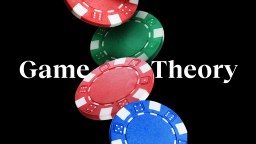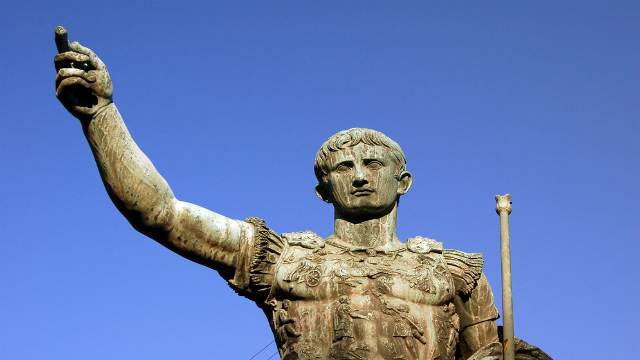How to Buy a Car . . . Using Game Theory!

What’s the Big Idea?
If you’re not a mathematician, game theory can seem daunting and abstract. Simply defined, it is a mathematical approach to modeling situations in which there are a limited number of rational decision makers. Depending on the complexity of the situation and the number of players, the math can get pretty complicated. To complicate things further, there’s an ongoing debate raging about game theory’s applicability to real world situations in which, behavioral economists like Daniel Kahneman argue, people often behave irrationally.
In spite of these complexities, and although he fully admits the limitations of game theory, Bruce Bueno de Mesquita, author of The Predictioneer’s Game and The Dictator’s Handbook, has had great success in applying it to everything from predicting whether or not Iran would acquire nuclear weapons to buying a car for $6000 less than one would expect to pay. Here, he explains how to avoid sticker shock by never setting foot in a dealership until you’ve agreed on a final price:
What’s the Significance?
De Mesquita argues that people always behave out of self-interest. In the car-buying game, the dealers want you to buy the car from them and nobody else. If threatened in the manner de Mesquita describes, they’re left with two choices: either give you the lowest price they possibly can or assume you’re bluffing – that you won’t call anybody else. The latter choice is foolishly risky and an unlikely one for the dealer to make. But in either case, if you’ve cast your net wide enough, you’re covered.
The broader significance here is that the application of simple logical principles to everyday decision making can yield far better results in most cases than relying on emotion or intuition. The “bond of trust” that good salespeople rely upon in face-to-face transactions is obviously an illusion, but it works (when it does) because of our socio-emotional wiring. We want to trust people. We want to believe they have our best interests, not their own, at heart.
Readers – what other applications can you see (or have you successfully used) for applying game theory or logic to the kinds of decisions we often make emotionally or impulsively?
Follow Jason Gots (@jgots) on Twitter





